Team Members
Principal Investigator
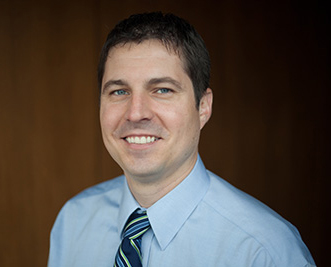
Dr. Greg Thurber
Associate Professor of Chemical Engineering
Associate Professor of Biomedical Engineering
gthurber AT umich.edu
Harvard Medical School, Massachusetts General Hospital: T32 Traineeship in Molecular Imaging
Ph.D, Massachusetts Institute of Technology
BS, Pennsylvania State University
Graduate Students
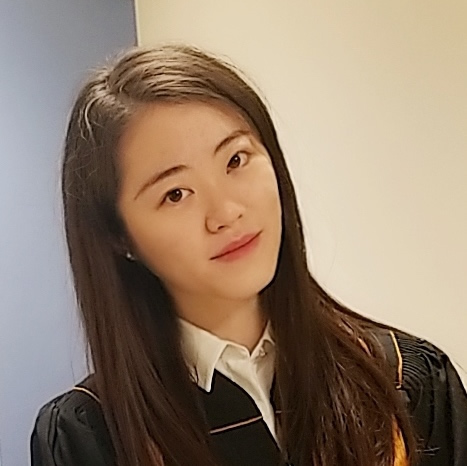
Celia Shujun Dong
Antibody-drug conjugates can stimulate immune system via interaction between FcRs and Fcs. Previous research has proved that the payloads (drug) also have the potential to encourage immune response. I’m making a head to head comparison of different payloads on their abilities to stimulate dendritic cells which, due to their antigen-presenting mechanism, are important in the entire process of immune response. I’m also using pharmacokinetic model and will be using a hybrid angent-based model to do some simulation.
Co-advised by Prof. Jennifer Linderman
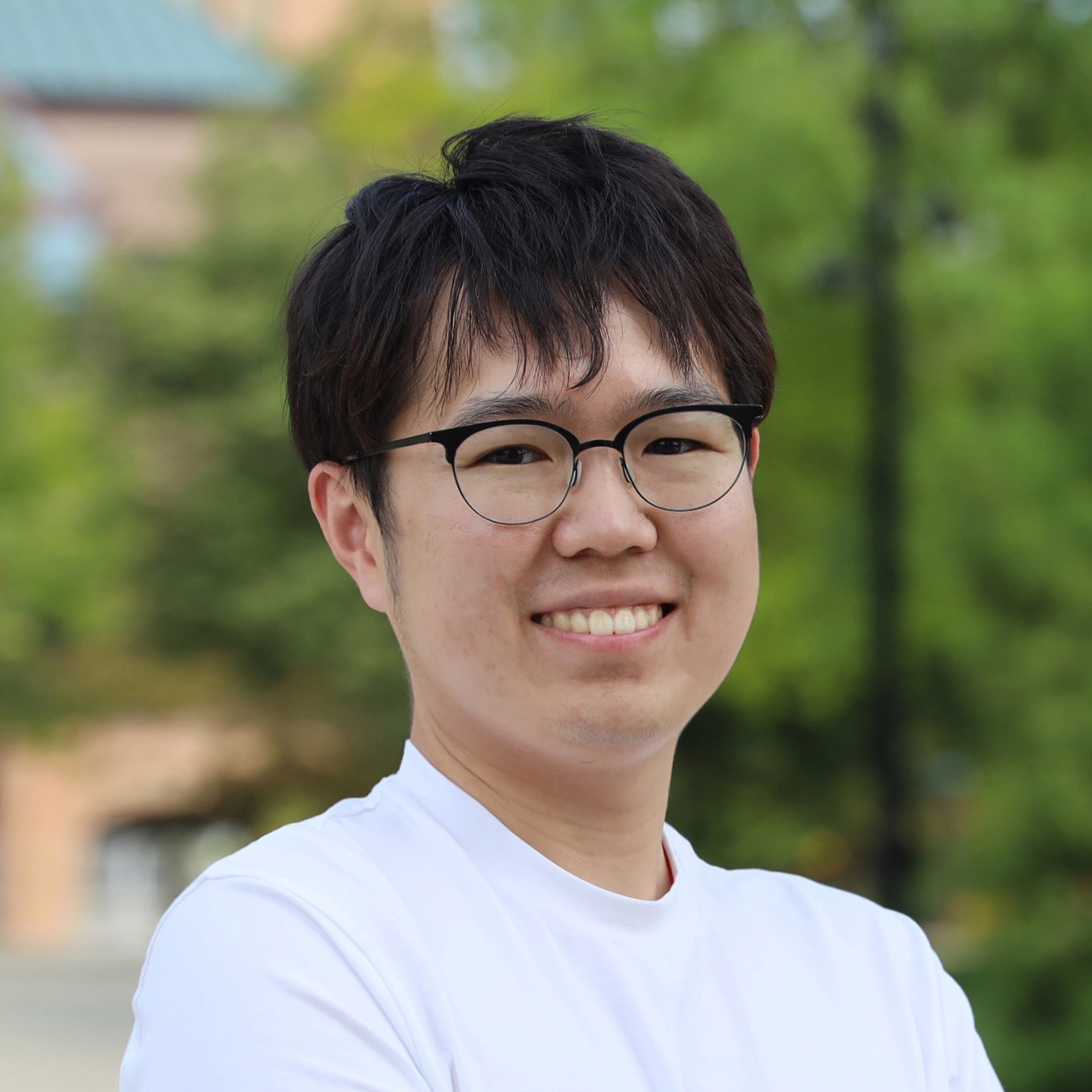
Haolong Huang
I am working on peptide engineering.
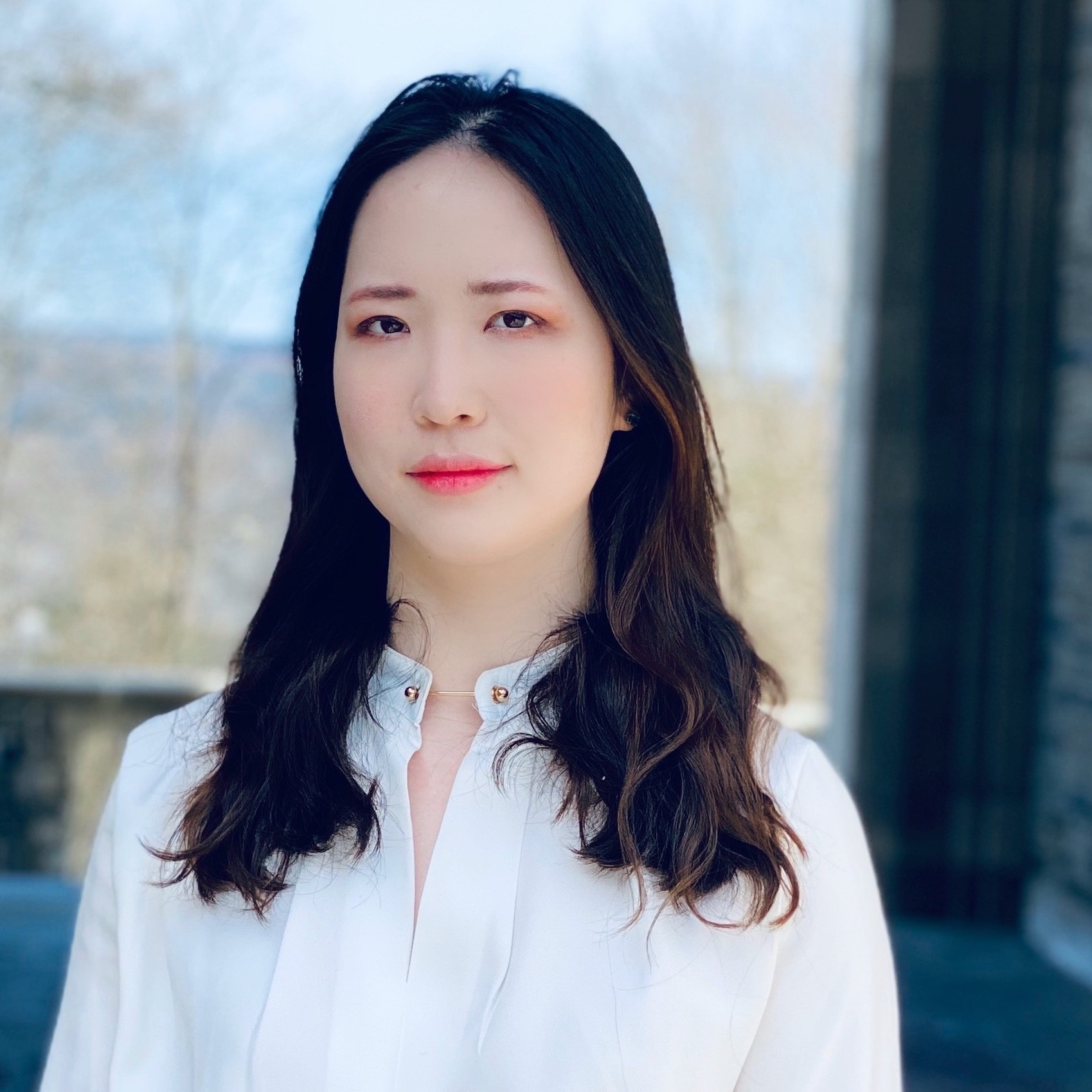
Hyeyoung “Jane” Kwon
Antibody-drug conjugates (ADC) have the advantage of targeting tumor cells and directly delivering payloads (drugs) into them. However, we often confront the challenges of the uneven distribution of ADC and less efficient penetration. Analyzing the transport properties of ADC as well as understanding its interaction with the immune system is significant for improving the drug efficacy. I am working on the characterization of antibody-drug conjugates for enhanced distribution in the cancer cells and immune responses.

Melissa Calopiz
Using agent-based modeling, I will be studying the relationship between antibody drug conjugates and immune cells for cancer therapies. This model will be able to predict the impact of ADC drug distribution in tumors and capture improved responses with increased tissue penetration.
Co-advised by Prof. Jennifer Linderman
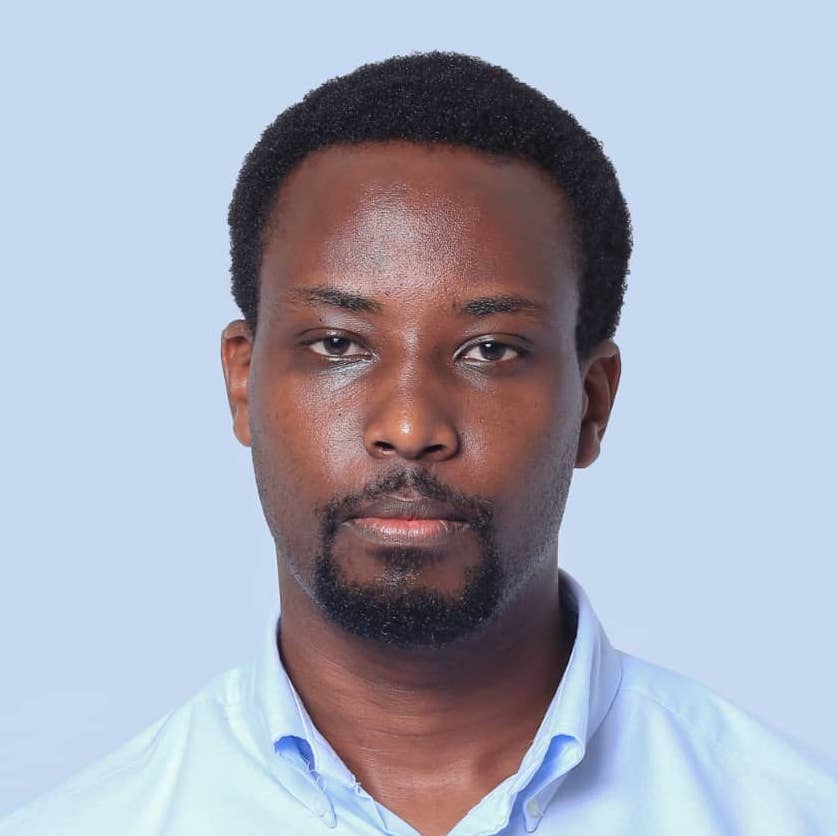
Baron Rubahamya
A number of antibody-drug conjugates (ADCs) have been approved by the FDA and more are in early clinical trials and preclinical development. An important aspect about ADCs is their ability to combine the potency of small molecules and the targeting of antibodies. I am studying the characteristics of ADCs and the factors within the tumor microenvironment that affect and influence their efficacy as anti-cancer agents.

Tiexin Wang
I am working on protein engineering and antibody drug conjugates.
Co-advised by Prof. Peter Tessier
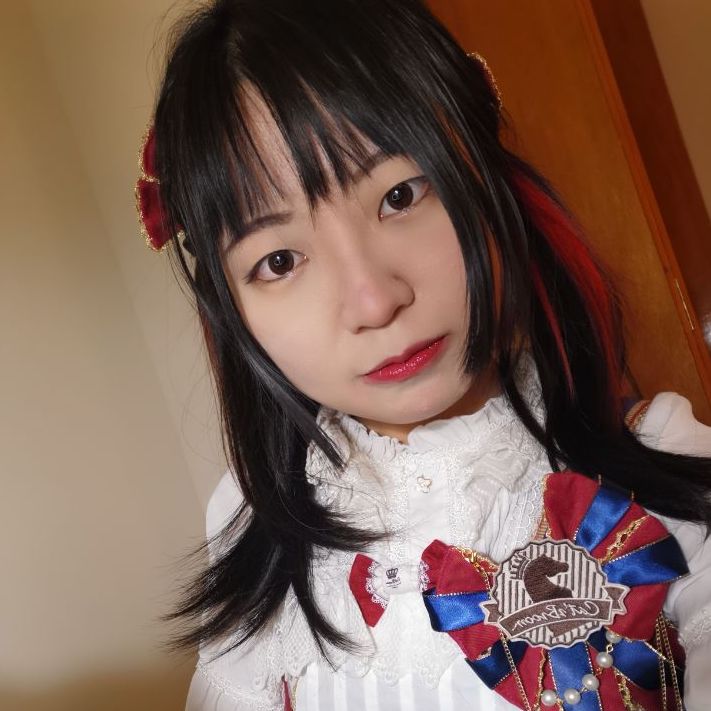
Jiakun Guan
I am working on the protease-activated T-Cell Engager that cross-link tumor cells with T-Cells via a bispecific protein therapeutic. A working system pharmacology model will be developed to capture the systemic distribution of it and to validate uptake and distribution in a mouse xenograft model.

Namir Khalasawi
I am working on designing immunomodulatory antibody therapies, including T-cell agonists, T-cell engagers, and immunocytokines. These molecules have shown promise for treating a number of diseases, including cancer and autoimmunity.
Co-advised by Prof. Peter Tessier

Ananya Burli
Exploration of Krogh cylinder model refinement with payload recycling.

Dong Jun Koo
The recent successes of ADCs in the clinic have underscored the importance of tailoring ADC drug properties for specific targets. However, the complexity of these molecules poses a challenge in thoroughly screening all potential combinations of protein, linker, and payload during development. My work focuses on applying fundamental drug transport principles to efficiently design ADCs for maximum efficacy at clinically tolerated doses.

Juan Jimenez
Modeling drug uptake and distribution across the BBB (Blood-Brain Barrier), with applications for treatment of cancer and neurodegenerative diseases.
Co-advised by Prof. Peter Tessier

Alaa Mwfay
I’m working on high-throughput tools for biodistribution analysis and PK modeling.
Co-advised by Prof. Alexandra S. Piotrowski-Daspit
Current Undergraduates
Jordan Vinh
Andrew Philippart
Sophia Freytag
Undergraduate Alumni
Matt Ratanapanichkich
Sophie Gable, (2019-2020)
Hannah Levy, (2019-2020)
Rohan Perisetla, (2019)
Zhongyuan Zhang, (2016-2017)
Nadia Auchus, (2015-2016)
Hans Guo, (2015-2016)
Jianshan Liao, (2014-2016)
Dyanne Neoh, (2014-2015)
Matt Riley, (2013-2014)
Allison DuRoss, (2012-2014)
Matthew Proefke
Darby McKernan, (2019-2020)
Rahul Gopinath, (2018-2020)
Neelay Patel, (2019)
Andrew Min, (2016-2018)
Daniel Tresnak, (2015-2017)
Nik Christodolu, (2015-2016)
Victoria Eniola, (2016)
Liz Goulston, (2015-2016)
Aaron Priluck, (2013-2015)
Rachel Blaisdell, (2014)
Graduate Alumni
Dr. Anna Kopp, Ph.D 2023 now at Amgen
Dr. Marshall Case, Ph.D 2023 now at Manifold Bio
Dr. Reginald Evans, Ph.D 2022
Dr. Ian Nessler, Ph.D 2022, now at AbbVie
Dr. Bruna Menezes/Scheuher, Ph.D 2020, now at Applied Biomath
Dr. Eshita Khera, Ph.D 2020, now at Novartis
Yinuo Chen, Masters 2020
Dr. Lydia Atangcho, Ph.D 2020, now at BCG
Dr. Tejas Navaratna, Ph.D 2020, now a post-doc at UCSB
Dr. Mukesh Mahajan, Postdoctoral researcher (2019)
Dr. Cornelius Cilliers, Ph.D 2018, now at Mirati Therapeutics
Dr. Sumit Bhatnagar, Ph.D 2018, now at AbbVie
Dr. Liang Zhang, Ph.D 2017, now at AbbVie
Emily Deschenes, Masters 2016
Dr. Kirti Dhingra, Postdoctoral Fellow (2013-2014)
